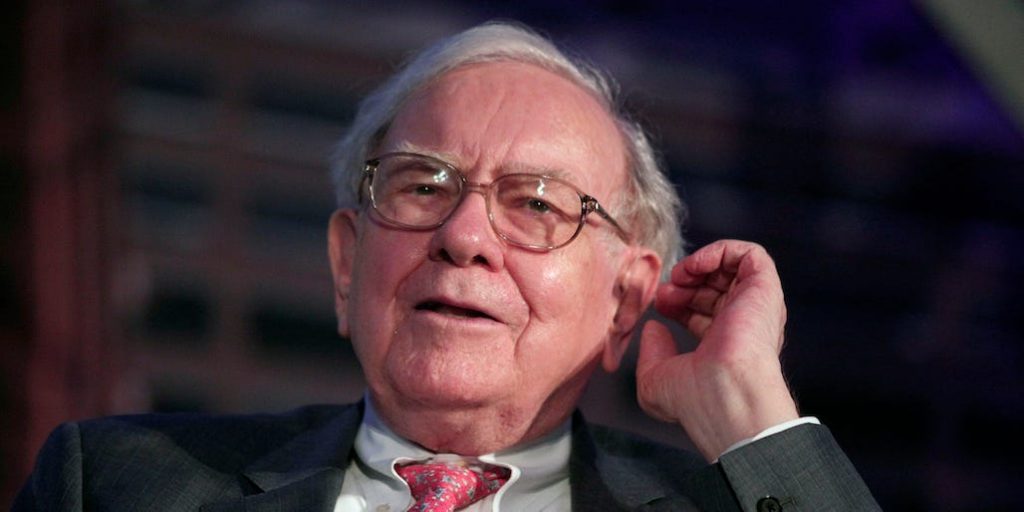- Erik Gordon warned the next stock-market crash could be worse than the dot-com bubble.
- The business professor questioned Bill Ackman’s Netflix wager, highlighting fierce competition.
- Warren Buffett’s brands and banks will help him weather inflation and rate hikes, Gordon said.
The halcyon days of easy money are over, and investors are now facing a greater loss of wealth than when the dot-com bubble burst, Erik Gordon told Insider in a recent interview.
Gordon, a professor at the University of Michigan’s Ross School of Business, counts financial markets and technology commercialization among his research interests. He explained why the current asset bubble is especially dangerous, shared his doubts about Bill Ackman’s billion-dollar Netflix bet, and outlined why Warren Buffett’s Berkshire Hathaway is poised to ride out the coming storm.
Bursting investors’ bubble
The era of buying pretty much anything and racking up big gains has passed, Gordon said. Surging inflation and the prospect of interest-rate hikes have made investing a lot harder, and there’s no guarantee the Federal Reserve or the meme-stock army will rescue those who lose their shirts, he said.
Gordon compared the tech sell-off in January to the first tremors before an earthquake. The sharp downturn showed the market can move violently, and stocks aren’t as safe or stable as they might have seemed, he said.
The professor predicted the current boom wouldn’t end as suddenly as the dot-com bubble, as he sees fewer worthless companies with sky-high valuations this time around. Yet this market is more dangerous and could produce greater losses, he said, as valuations appear more stretched today.
"This isn't a fake-companies bubble, it's an order-of-magnitude overvaluation bubble," Gordon said.
Some of the meme stocks, along with the most ridiculous cryptocurrencies or "stupid coins," will plummet in value to virtually nothing, Gordon said. If the housing market crashes along with stocks and crypto, many Americans could be left feeling poor and angry, he said.
"There are going to be more bowls of spaghetti," he said, referring to people cooking meals at home instead of getting food delivered, or dining out. The drop in discretionary spending could hammer economic growth, he added.
Gordon warned retail investors not to succumb to their 'fear of missing out' (FOMO) and begin trading now, as they risk paying triple what their peers did nearly two years ago, and could suffer much heavier losses. Young people can afford to wait until valuations fall, he added.
Netflix and Bill
Gordon was surprised by Bill Ackman's recent $1 billion purchase of Netflix stock.
The Pershing Square chief's reasoning and confidence in Netflix co-CEO Reed Hastings made sense, Gordon said. However, he noted the video-streaming service now competes with the likes of Disney — a company with deep pockets and a vast content library, that can bid huge amounts for content and creatives as it can monetize hits across its business.
"Full props to Netflix for changing the game, but going forward it only gets tougher," Gordon said.
Gordon suggested Ackman's Netflix bet could herald the return of value investors to the stock market after years of being priced out. Ackman pounced on what he deemed to be a bargain, and more cautious value investors such as Buffett could start buying too if prices fall enough, he said.
Moreover, Berkshire is well-placed to navigate the new paradigm, Gordon said. Several of its subsidiaries and holdings, including See's Candies and Coca-Cola, have strong brands that allow them to raise prices to offset inflation without losing a bunch of customers, he said. Berkshire also owns banks and insurers that will benefit from higher interest rates, he said.
Most importantly, Buffett and his team have weathered crashes before. "People who've lived through three of these, they've got an idea what to do," Gordon said. "They're not going to fall for stupid stuff."

